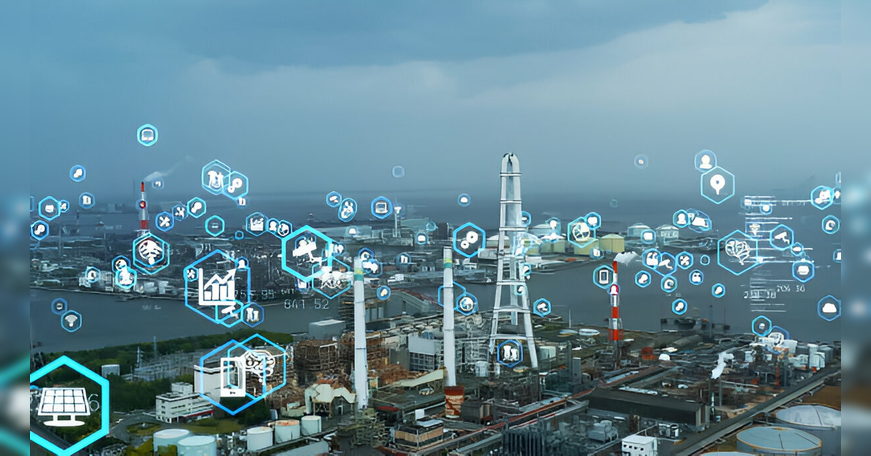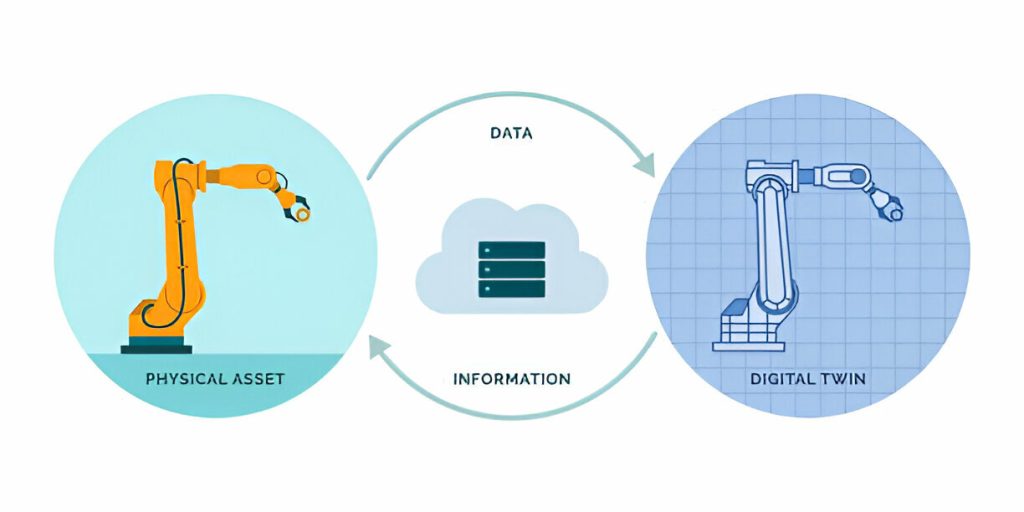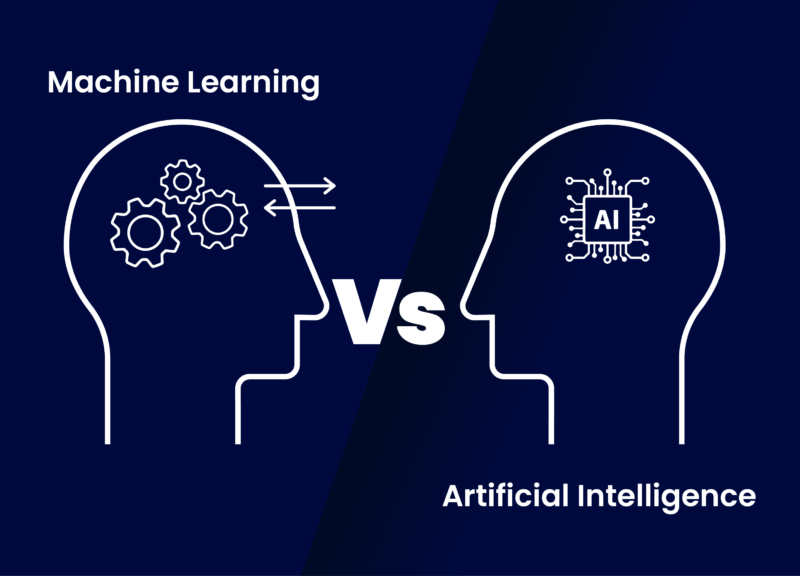
Though it has long been recognized for its physical infrastructure, the oil and gas industry is undergoing a DIGITAL REVOLUTION.
Enterprises employ digital transformation to enhance operational efficiency, fortify security, and optimize profits, propelled by the pressing need for technological advancement and operational excellence.
In this blog, we examine the most recent innovations and trends propelling this shift and how they are assisting companies in overcoming challenges and prospering in a world that is changing quickly.

INTERNET OF THINGS (IOT) CONNECTIVITY
This refer to networks of interconnected devices and sensors that collect and exchange data. Numerous pieces of equipment in the oil and gas industry have sensors and connectivity, enabling real-time information sharing and communication. Oil and gas firms can improve operational monitoring and optimization by utilizing IoT and connectivity. Predictive maintenance, for instance, can be used to lower the risk of unplanned breakdowns and minimize the requirement for optimal maintenance costs. Predictive maintenance involves proactive planning of maintenance tasks and ongoing monitoring of the equipment’s state. Additionally, the connection enables remote monitoring and control, which decreases the requirement for physical presence and increases operational flexibility by enabling operators to access and manage equipment from any location.This is especially beneficial in remote or dangerous locations where human intervention may be difficult or risky. Overall, the Internet of Things and connectivity are transforming the oil and gas industry by enabling real-time data collection, remote monitoring, and operations optimization.
This is an exciting time for digital transformation in this sector.

DIGITAL TWIN TECHNOLOGY
This is a fascinating component of the present oil and gas digital transformation trend. This entails building a virtual copy or “twin” of physical assets like oil rigs, pipelines, and refineries. This digital twin is constantly updated with real-time information from sensors and other sources. The adoption of digital twin technology can help oil and gas firms improve asset performance, promote security and risk management, and enable remote monitoring and communication.
Overall, digital twin technology gives oil and gas firms a significant tool for improving asset performance, increasing safety, optimizing operations, and accelerating technological transition.
It’s an amazing development with a huge impact on the industry

AI AND MACHINE LEARNING
In today’s digital transformation of the oil and gas business, AI and machine learning play critical roles. AI technologies are being utilized to optimize many parts of operations, make better decisions, and increase overall efficiency. Predictive maintenance systems, for instance, use AI and machine learning algorithms. These systems evaluate sensor data from equipment and machinery to identify trends and abnormalities that may indicate a problem. Companies that estimate maintenance needs ahead of time can reduce downtime, extend equipment lifespans, and optimize maintenance schedules. Another application is reservoir modeling and simulation. AI systems can use massive volumes of geological and seismic data to generate precise models of subterranean reservoirs. This contributes to the optimization and improvement of drilling and extraction techniques.

CYBERSECURITY
Cybersecurity in the oil and gas industry includes measures to protect digital assets, networks, and data from unauthorized access, cyberattacks, and other destructive activities. It covers a variety of technologies, such as network security, data encryption, access control, and threat detection. The nature of oil and gas activities poses particular cybersecurity issues, these companies have complex networks, remote locations, and a variety of interconnected systems such as oil rigs, pipelines, and refineries.
A major concern is the potential for cyberattacks to disrupt operations, compromise critical data, or even cause physical damage. Cybercriminals may attempt to gain illegal access to control systems, tamper with data, or carry out ransomware attacks.
To safeguard the industry’s infrastructure and prevent potential disasters, it is essential to implement effective cybersecurity measures. To address these issues, oil and gas companies are investing in cutting-edge cybersecurity technologies and methods. They implement threat intelligence systems, conduct regular security audits, and train staff in good cybersecurity practices.
By implementing IoT, digital twin technologies, AI and machine learning, data analytics, and cybersecurity measures, the oil and gas industry may achieve operational excellence through resource optimization. This is a key reason why businesses are investing extensively in infrastructure enhancements that will allow them to compete globally.
